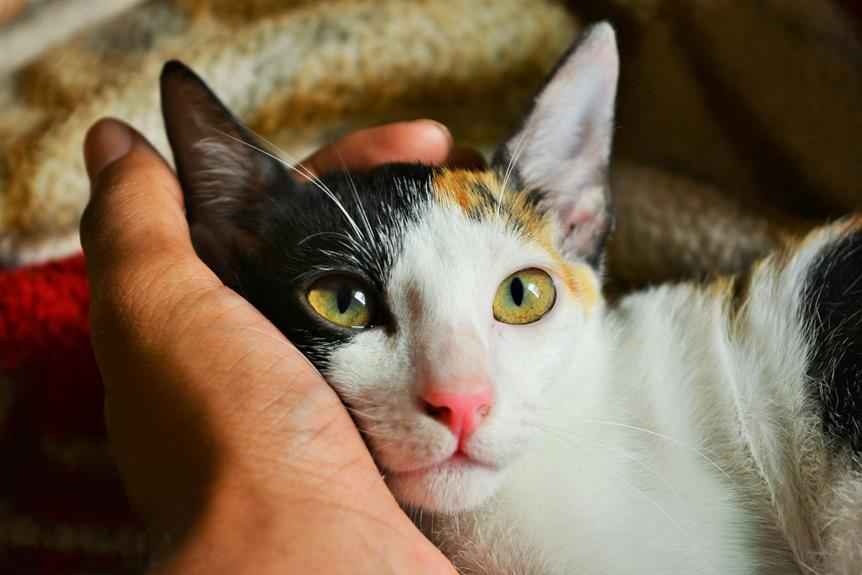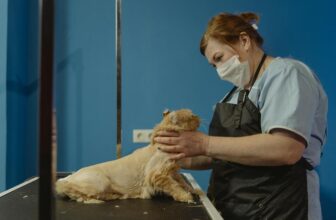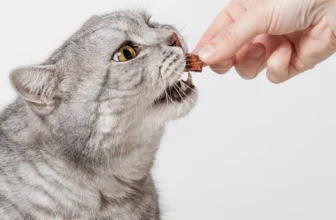
You might be surprised by the range of health supplies that can benefit your cat's well-being. From first aid essentials to grooming tools and dental care products, each item plays a crucial role in maintaining your feline friend's health. But there's one more category you should consider, a set of supplies that often gets overlooked but can make a significant difference in your cat's overall wellness. Curious to find out what these supplies are and why they are essential for every cat owner to have?
First Aid Kit Essentials
Ensure you have all the necessary supplies in your cat's first aid kit to be prepared for any unexpected emergencies.
Start with sterile gauze pads and rolls for wound dressing, along with adhesive tape and bandages to secure them. Antiseptic wipes or spray are crucial for cleaning wounds, while hydrogen peroxide can help in disinfecting if your vet recommends it.
Keep a pair of blunt-ended scissors handy for cutting bandages or trimming fur around a wound. Additionally, include tweezers to remove any splinters or foreign objects from your cat's skin.
A rectal thermometer is essential for monitoring your cat's temperature, and lubricating jelly can make the process more comfortable. It's also wise to have a pair of disposable gloves to prevent the spread of infections.
Lastly, add a list of emergency contact numbers, including your veterinarian and a 24/7 animal poison control hotline, for quick reference during stressful situations.
Grooming Tools and Supplies
Keeping your cat's coat healthy and shiny requires the right grooming tools and supplies. To maintain your feline friend's coat, invest in a quality cat brush or comb suitable for their fur type. Long-haired cats may benefit from a slicker brush to prevent mats and tangles, while short-haired cats might do well with a soft bristle brush to remove loose fur and distribute natural oils.
Additionally, nail care is crucial for your cat's well-being. Keep a pair of cat-specific nail clippers handy to trim their nails regularly and prevent them from becoming overgrown or sharp.
For grooming sensitive areas like around the face, ears, and paws, having grooming wipes or a damp cloth can help clean these areas gently. If your cat is prone to shedding, consider using a deshedding tool to remove excess fur and minimize hairballs.
Lastly, don't forget about dental hygiene. While this will be discussed in detail in the next subtopic, having a cat-specific toothbrush and toothpaste is also essential to your cat's overall grooming routine.
Dental Care Products
Invest in quality dental care products to maintain your cat's oral health and hygiene. Just like humans, cats require regular dental care to prevent issues like plaque buildup, gum disease, and bad breath. Start by introducing your feline friend to a cat-specific toothbrush and toothpaste. These products are designed to be safe for cats when ingested and come in flavors like poultry or seafood to make the experience more enjoyable. Brushing your cat's teeth a few times a week can significantly reduce the risk of dental problems.
In addition to toothbrushes and toothpaste, consider using dental treats and toys. Dental treats are designed to help clean your cat's teeth as they chew, while dental toys can help reduce plaque buildup through play. Both options provide a fun way to supplement your cat's dental care routine. Regular dental check-ups with your veterinarian are also crucial to catch any potential issues early.
Parasite Preventatives
To effectively protect your cat from parasites, consider using monthly preventative medications recommended by your veterinarian. Parasites like fleas, ticks, and worms can pose serious health risks to your feline companion. Fleas can cause skin irritation, allergies, and even transmit diseases, while ticks can transmit dangerous illnesses such as Lyme disease. Internal parasites like worms can cause weight loss, vomiting, and other health issues in cats. By using preventative medications regularly, you can help keep these parasites at bay and protect your cat's well-being.
Common parasite preventatives for cats include topical treatments, oral medications, and collars. Topical treatments are applied to the skin and are effective against fleas and ticks. Oral medications, usually given monthly, can protect against internal parasites like heartworms and intestinal worms. Collars are another option for preventing fleas and ticks. Your veterinarian can recommend the most suitable preventative based on your cat's lifestyle and risk factors.




